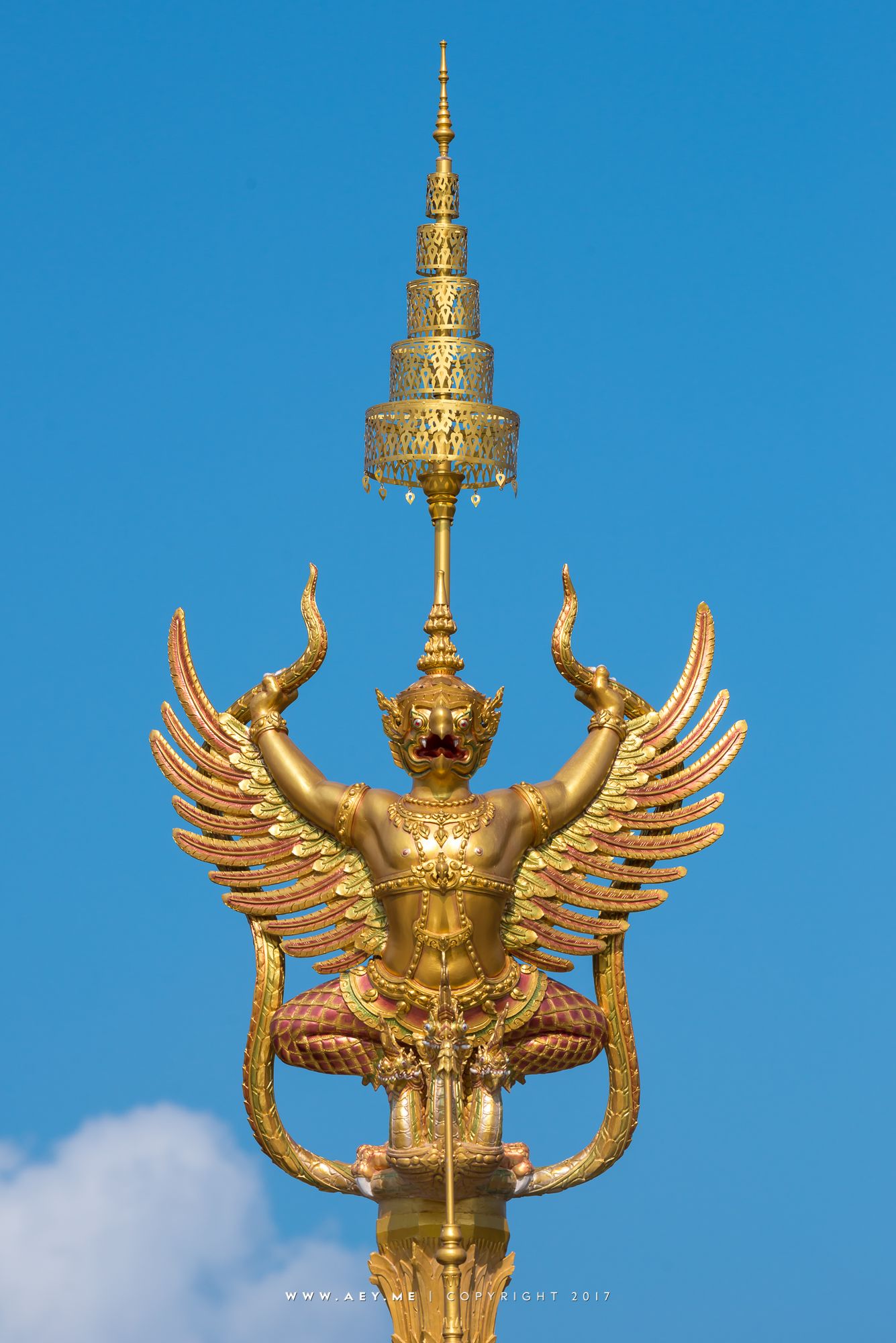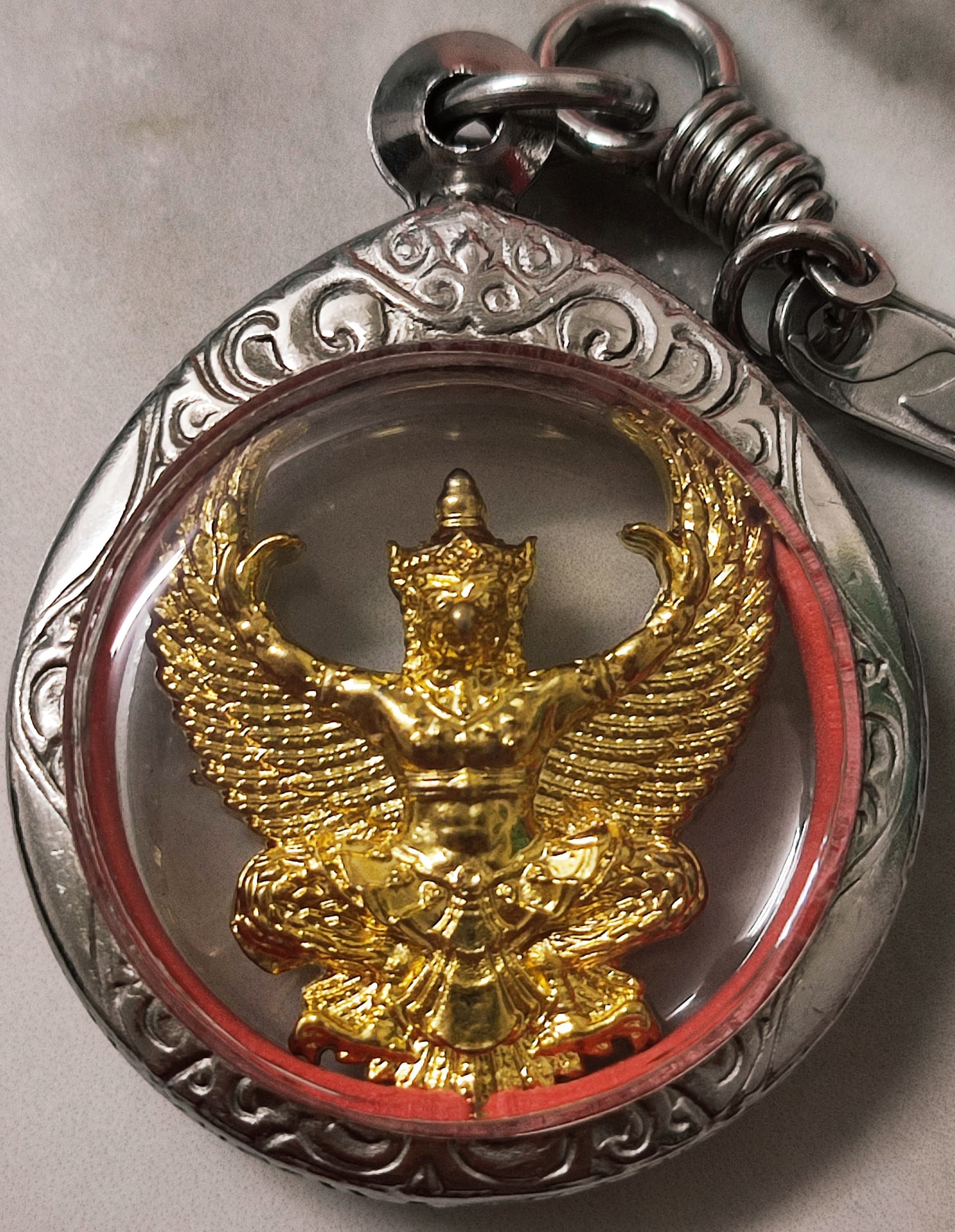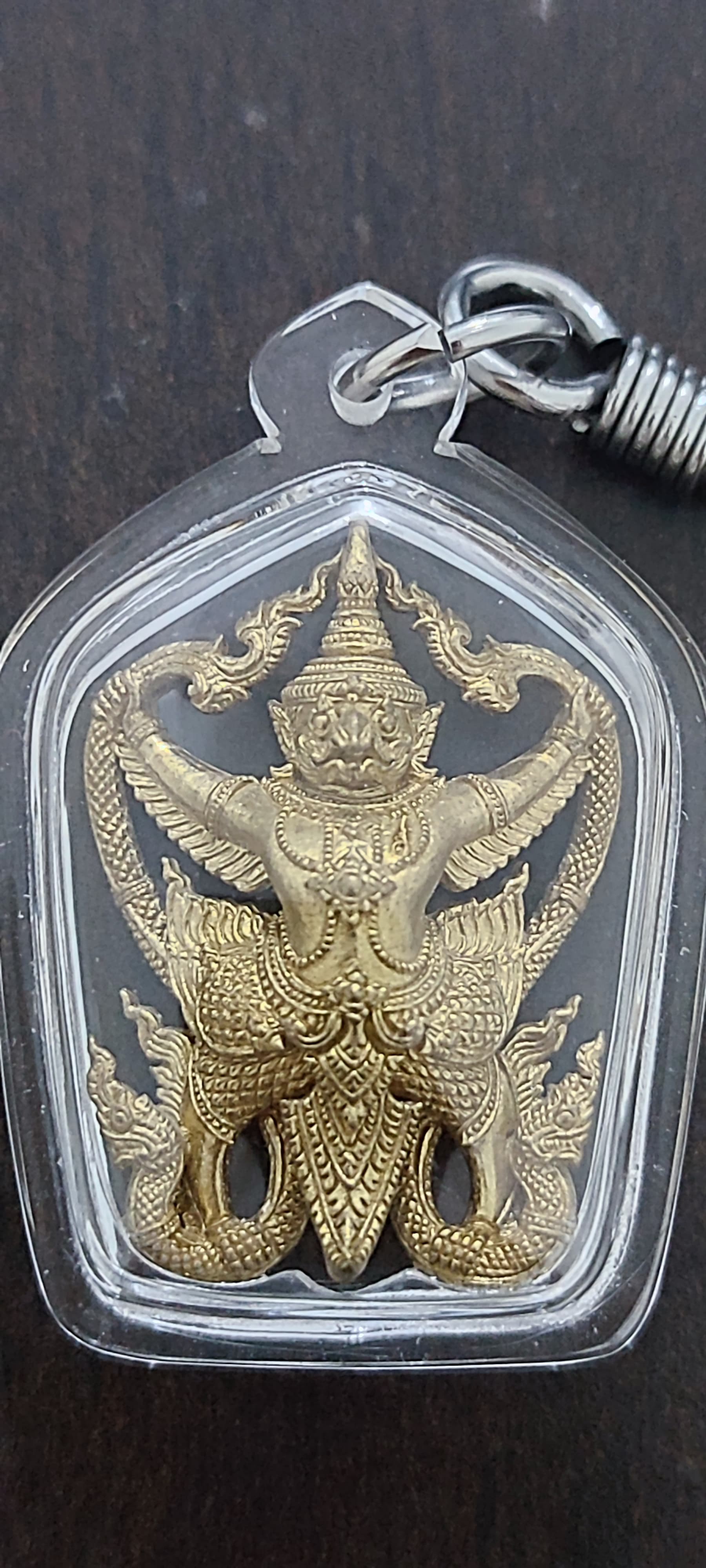Supannas/ Garudas/ Phoenixes and Nāgas/ Cobras/ Dragons are considered animals. Being born as a Supanna or Nāga results from mixed kamma—bad enough to prevent rebirth as a human or deva, but good enough to grant certain benefits, such as beauty, power, longevity, and mundane happiness.
Dhammapada 182 commentary
These beings cannot attain stream-entry. They may be devoted to the Buddha, but due to their unfortunate births, they lack the capacity for a profound understanding of the Dhamma. While they may possess intelligence, it’s not the kind that enables them to attain the Paths and Fruitions. So those Supannas and Nāgas who wish to attain Nibbāna practice the precepts and engage in merit-making to attain better rebirths, giving them a chance to fully practice the Dhamma.
There is a famous story of a Nāga who assumed human form to be ordained as a monk but was expelled from the Saṅgha by the Buddha. Nāgas are not considered fit for monkhood. The same seems to be valid for Supannas.
The Great Chapter of Vinaya, see No. 49.Animals
The dragon [nāga] woke up [after being discovered in his true form] from the noise and sat down on his seat. The monks asked him who he was. He replied, “I’m a dragon.”
“Why did you do this?” The dragon told them what had happened, and they told the Buddha.
He then had the Sangha of monks gathered and said to the dragon, “Dragons are unable to make progress on this spiritual path. Go, dragon, and keep the observance days of the fourteenth, the fifteenth, and the eighth of the lunar half-month. In this way you’ll be released from existence as a dragon and quickly become human.”
When he heard this, the dragon wept. Sad and miserable, he cried out in distress and left.
See SN 29, SN30, SN31 and SN32 to more information.
Khandhavaggasaṁyutta, see 29-32
 They resembled birds of prey a lot…
They resembled birds of prey a lot…
